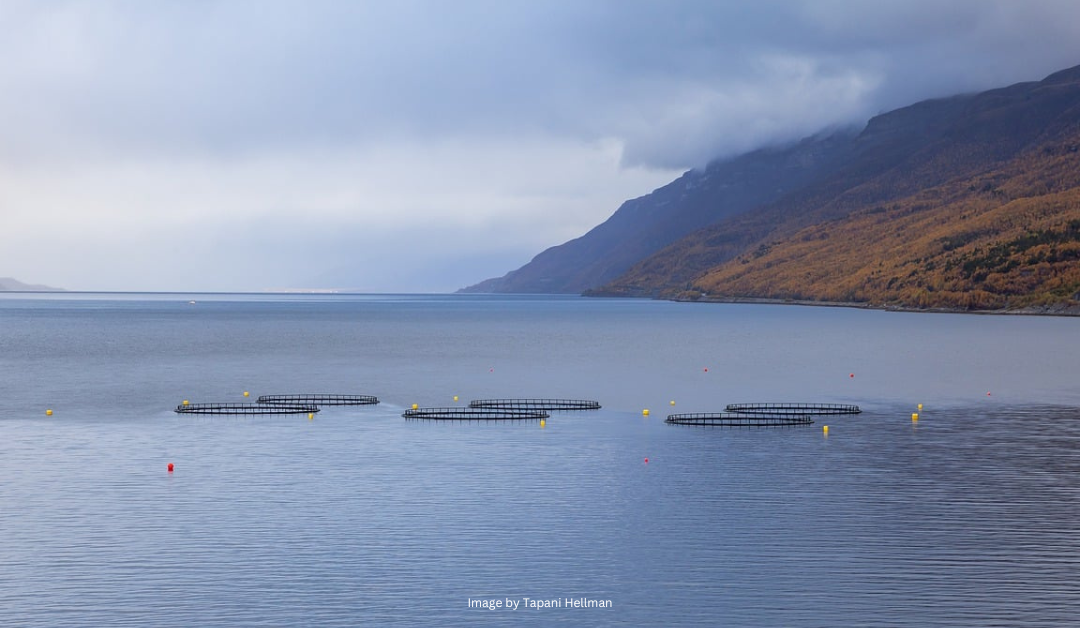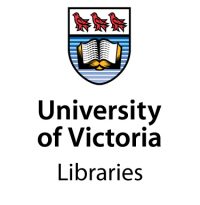June 26, 2024 | Times Colonist via UVic News
On June 1st, fisheries biologist Stan Proboszcz went on an 18 km kayak trip to check out a salmon farm off the coast of Vancouver Island after an anonymous tip had indicated that there were massive die-offs and no one was doing anything about it. As it turned out. the farm had lost about 1,000 tonnes of fish (or 23 per cent) over a 10 day period. The DFO confirmed that the cause was environmental conditions such as low oxygen and harmful plankton in the environment.
Unfortunately, we can not expect this to be just a one time event. A study published in March found that these mass die-offs of farmed salmon are increasing, with Canada experiencing the biggest and most frequent of them. As UVic’s Gerald Singh, the study’s lead author, explained that “the worst of the worst cases are getting larger.”
The study, titled Quantitative analysis of mass mortality events in salmon aquaculture shows increasing scale of fish loss events around the world (external link), explored the mass-mortality events in the salmon production industry on a global scale.
As the study discussed, a problem is “fish farming technologies are geared to managing and controlling production in ocean systems that are changing in trend and variation that are difficult to predict and comprehend at short time-scales, which can lead to aquaculture disasters in the form of MMEs.” To read more on the study, we encourage you to check it out on our institutional repository, UVicSpace!
Dr. Gerald Singh (external link) is an assistant professor as well as the Ocean Nexus chair of global change and sustainable development at the school of environmental studies at UVic. Outside of UVic, Dr. Singh is the deputy science director with the Nippon Foundation Ocean Nexus Centre at the University of Washington EarthLab.
Dr. Singh is currently focused on studying the dynamics between economic, environmental, and social dimensions in sustainable development. This includes but is not limited to determining priority policy actions to reach sustainable development goal objectives, and assessing understanding how human activity impacts the environment, and in turn how that impacts communities.
If you would like to read more about the work that Dr. Singh does, we encourage you to check out his author page (external link) on UVicSpace! Or, if you want to learn more about fisheries try searching for it in our “browse by subject” section on UVicSpace!

